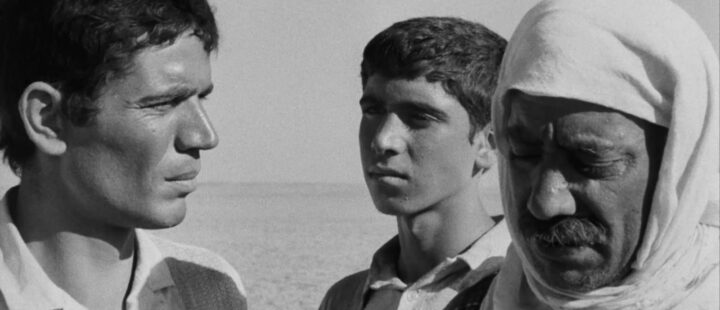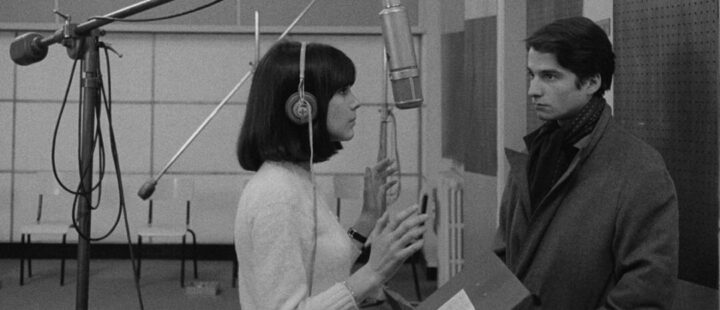
M. Night Shyamalan’s Knock at the Cabin: Seven towards the apocalypse
While waiting for Trap, have a look at the director’s previous film, which powerfully taps into highly topical, online-fuelled phenomena like irreconcilable world views, gaslighting and conspiracy theories.










